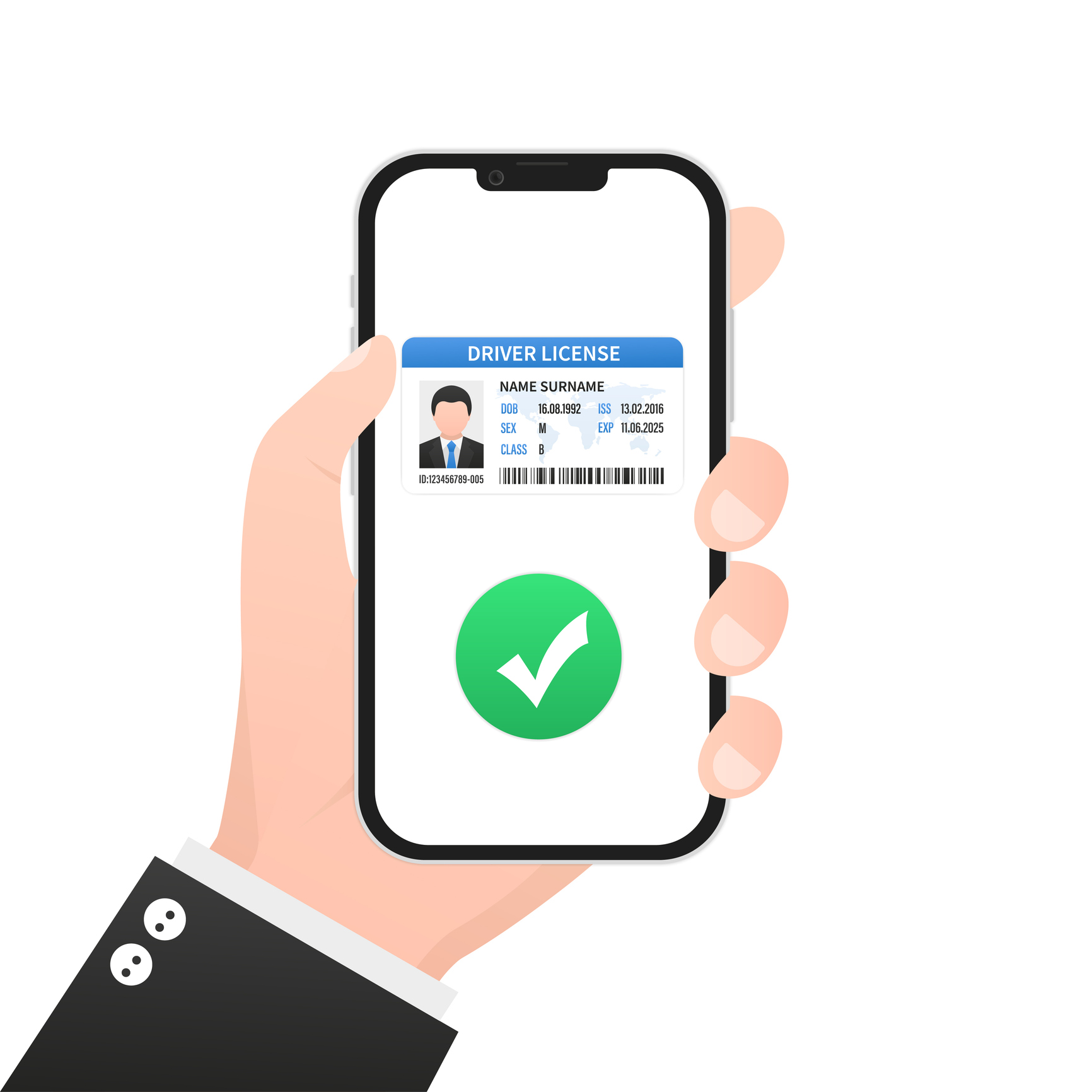Dockless electric scooters have quickly proliferated as transportation options in over 100 U.S. cities over the past two years. That expansion, however, has had its fair share of conflicts as have many other technology companies that leverage the sharing, gig economy

Several companies have launched without obtaining the appropriate permits. In many cities, electric scooter companies have been fined for operating a business without a license, failure to follow various business zoning laws, or for allowing parked scooters to amass outside of designated areas in such a way that would block sidewalks
Electric scooters with brand names such as Lime, Bird, and Lyft could also potentially pose a liability for companies allowing workers to ride the e-scooters for business travel. The primary concern is with employees utilizing the e-scooters for traveling between offices, meetings, and assignments while on company time. Risk concerns led Duke Energy Corp. to prohibit its 6,000 workers in downtown Charlotte, N.C., from using e-scooters for company business as a precaution
A company may well be held liable for its employees’ travel for business and may restrict employees from using types of transportation considered too dangerous. However, commuting between home and work is not considered business travel. Injury lawsuits have been filed in California. However, those cases involve personal use of e-scooters.
However, there are options for employers short of a ban. A company could require e-scooter users to abide by the laws and regulations for using the vehicles, be familiar with the e-scooter company’s safety requirements, and have a valid driver’s license. If employers allow workers to use e-scooters, they should consider whether training is needed and whether they should supply safety gear
Latest News
Photo credit: iStock.com/StudioGraphic As technology continues to evolve, digital driver's licenses (also known as mobile IDs) are gaining traction across the United States. States are increasingly exploring legislative measures to modernize driver identification systems, enabling [...]
NetChoice and AI regulation In this episode of the Back in Session podcast, hosts Ryan Stevens and Ryan DeMara sit down with Amy Bos, Director of State and Federal Affairs at NetChoice, to discuss the [...]
Photo credit: iStock.com/yacobchuk The use of cell phones by students in classrooms is on the rise, despite 77% of schools prohibiting cell phones at school for non-academic use. With students often disregarding these rules or [...]
In the latest episode of the "Back in Session" podcast, hosts Ryan Stevens and Ryan DeMara delve into the innovative world of AI technology applied in gun detection with Burgess Nichols from ZeroEyes. Starting with [...]





Stay In Touch